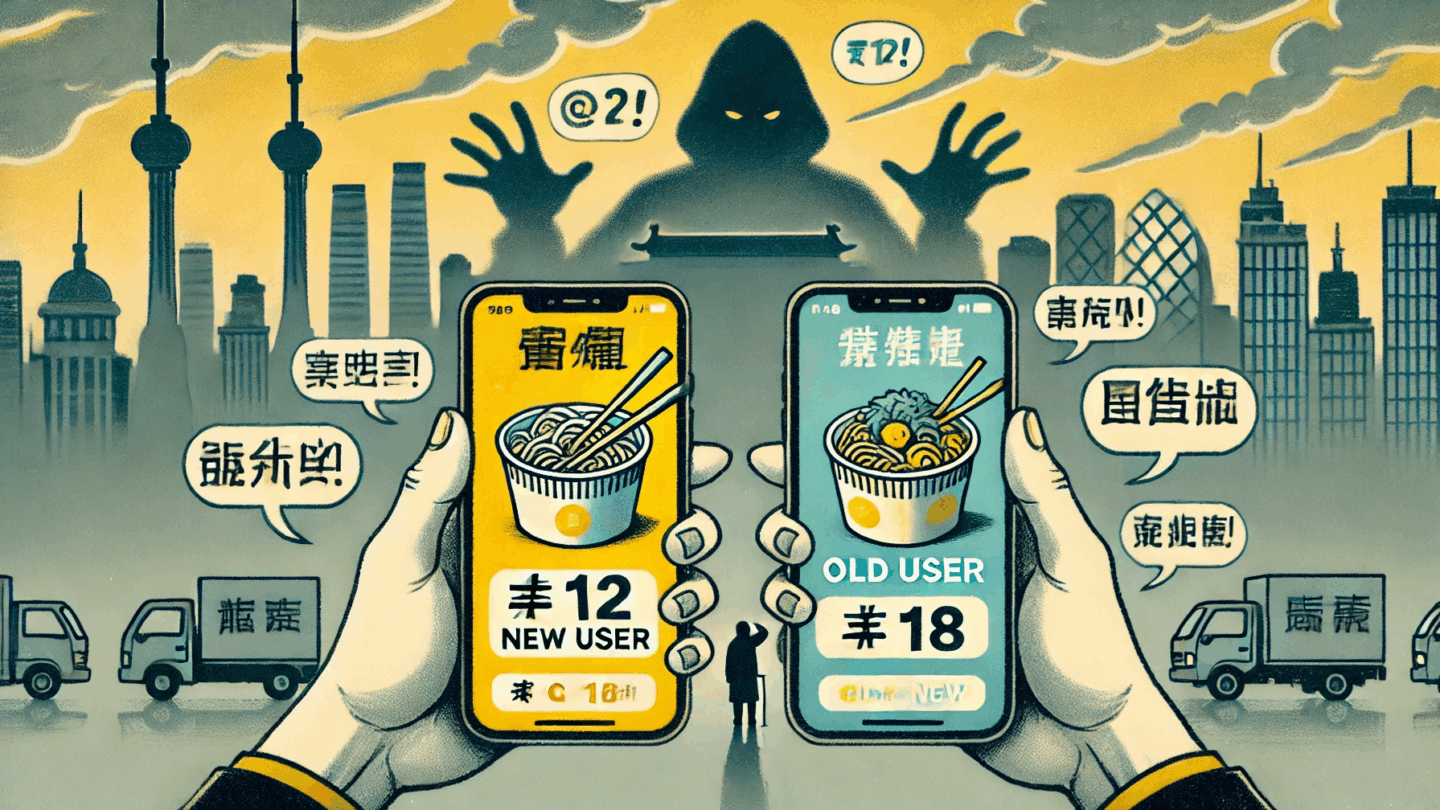Palm oil is cheaper and better for the environment than the alternatives. So why do brands boast about their products being ‘palm oil-free’?
Consumers want to stop deforestation – but the brands they buy from are not making it easy. On key ingredients like palm oil, brands’ messaging is confused. Splashy ‘palm oil-free’ labels seem to imply green credentials. In fact, ditching palm oil for other oils is likely to increase, not shrink, their footprint on the natural world. No wonder the average shopper is confused about what’s eco-friendly and what isn’t.
Polling suggests more than half of British adults actively avoid products containing palm oil, which crops up in countless everyday essentials, because they are worried about deforestation. That’s the result of a decades-long campaign from environmental groups like Greenpeace creating a link in consumers’ minds between palm oil and chopping down forests. In reality, a ‘palm oil-free’ label on a food product probably indicates unnecessary extra deforestation.
Palm oil yields are up to ten times higher than competitor oils like rapeseed and soybean. That means you have to chop down far fewer trees to get the same amount of product. Palm oil caters to a third of the world’s vegetable oil demand while taking up just 8.6% of the land cultivated for that purpose. Brands switching away from palm oil and boasting about their products being ‘palm oil-free’ are likely causing more, not less, deforestation. If everyone made that switch away from palm oil, the result would be hundreds of millions of extra hectares of deforestation.
What’s more, palm oil production is becoming even more sustainable by the minute thanks to innovation. Nowadays, 90% of the palm oil imported into Europe is certified as sustainable. In Malaysia, a top palm oil exporter, 83% of palm oil producers are signed up to a ‘no deforestation, peat and exploitation’ pledge.
The results of all this innovation are significant. They put Western environmental policies, which seem to always miss their targets, to shame. In 1992, Malaysia promised to keep half its land under forest cover, a goal which seemed impossibly ambitious at the time. Thanks to sustainability innovations in palm oil, it has kept its promise, and then some. Data from Global Forest Watch shows a 57% drop in primary forest loss in Malaysia as of 2022.
Besides being better for the environment, sustainable palm oil’s land-efficiency also makes it cheaper to produce, allowing brands to keep costs low. Some companies are finding out the hard way what happens when you make a big show of boycotting palm oil. Richard Walker, boss of budget supermarket chain Iceland, had to make a grovelling apology when his company switched back to palm oil recently, having boycotted it years ago. With costs spiralling, he had no alternative – other than hiking prices, a death sentence for a budget supermarket like Iceland, already locked in a bitter price war.
Sadly, the good news about palm oil being both cheap and eco-friendly rarely filters through to consumers doing their weekly shop. Too often, brands prioritise keeping their marketing simplistic by villainising palm oil, ignoring its sustainable credentials. “Palm oil-free” labels are becoming more common. Brands risk effectively misleading their customers into thinking they are doing the planet a favour by buying palm oil-free products, when the opposite is true.
“Not all palm oil is made the same. When sourced responsibly, sustainable palm oil can actually be part of the solution, not the problem.” Those are the words of Cat Barton, deforestation lead at Chester Zoo. There is consensus in the environmental world that sustainable palm oil is a good thing, and that shunning palm oil wholesale is bad for the planet – with the exception of a few activist groups like Greenpeace who prefer to stick to out-of-date ‘palm oil bad’ slogans rather than embrace innovation and progress.
The burden is on brands to take the side of science. They must stop promoting ‘palm oil-free’ as an environmental virtue, which it is not. In fact, if they want to invest in sustainability, they should put palm oil back into their supply chains like Iceland did. That way, they could replace their ‘palm oil-free’ labels with ones that say ‘made with sustainable palm oil’ instead. Consumers would know where they stand, and brands could avoid sacrificing precious rainforests on the altar of virtue-signalling. Everyone wins.
















